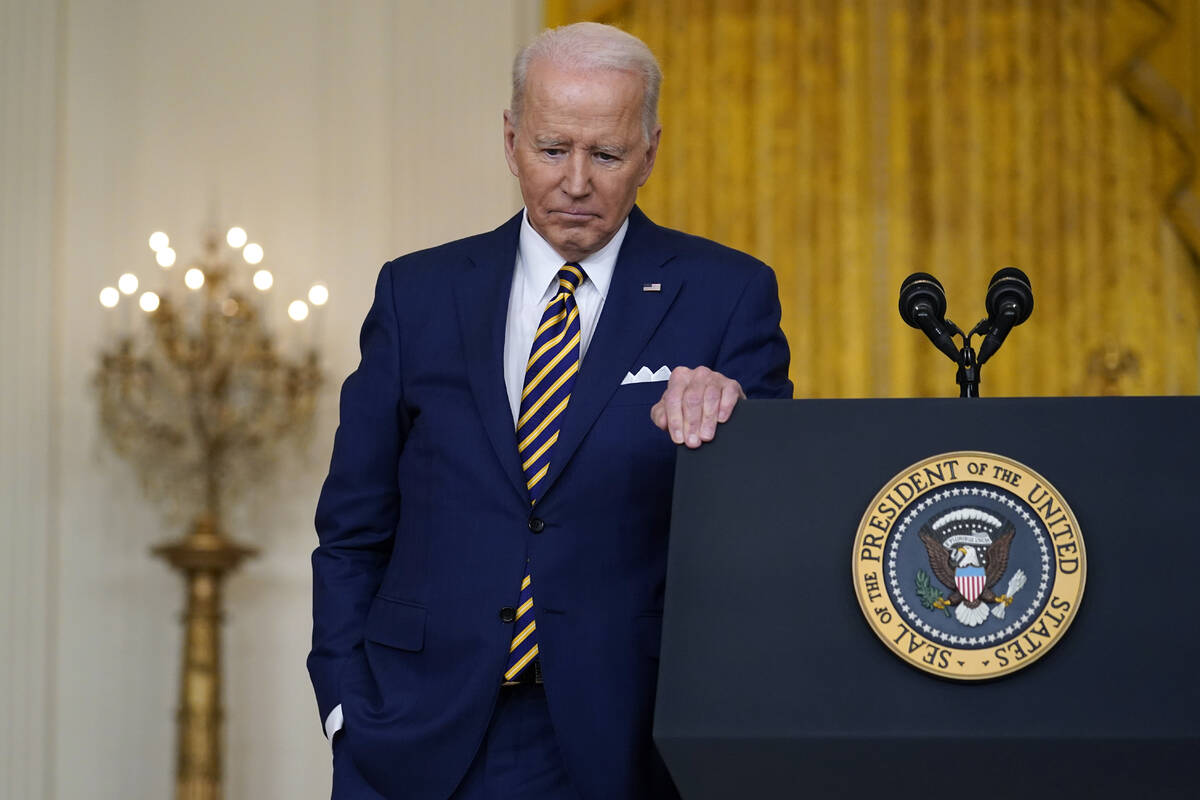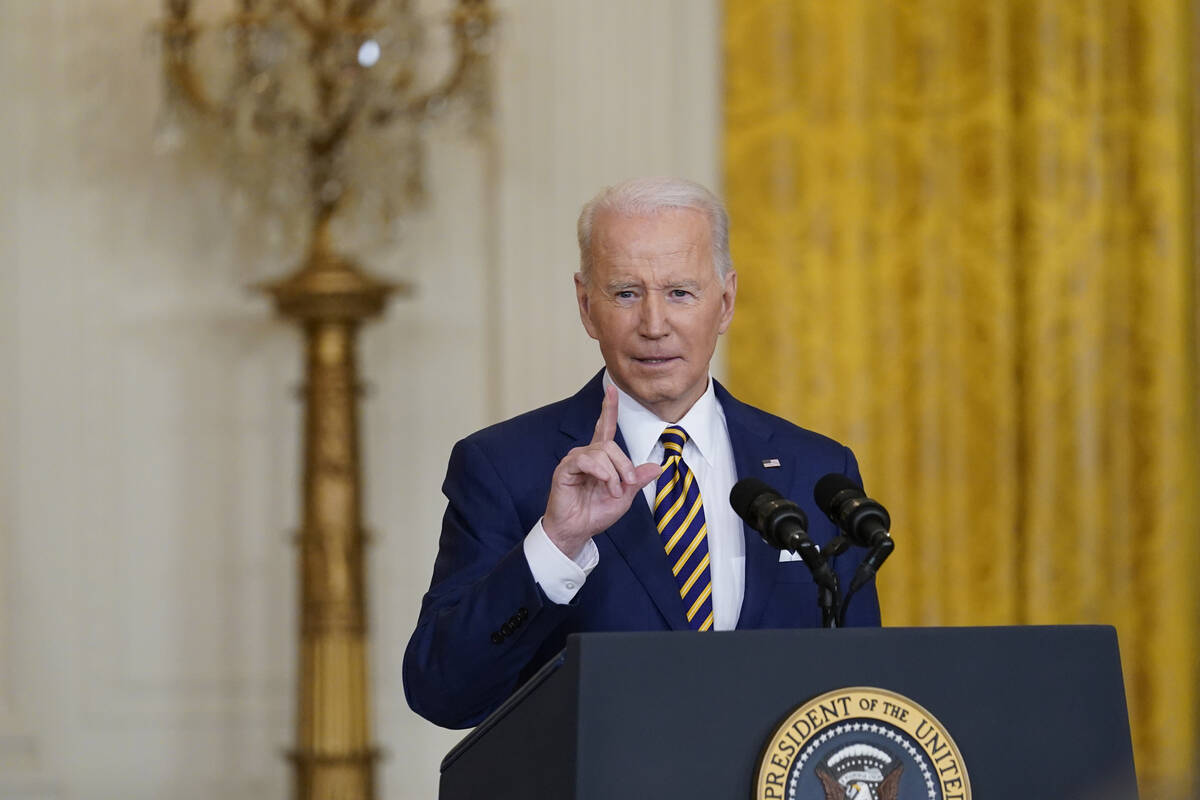STEVE SEBELIUS: Simple rule: Make it easy for everyone to vote!
Now that the Great Filibuster Fight of 2022 has wrapped — worst off-Broadway show ever! — let’s take the opportunity to talk about voting rights in a less heated way.
And let’s begin with a simple assertion: Every eligible voter in the United States should take the time to register, turn out and cast a ballot on Election Day. And we should make it as easy as possible to do so.
If you don’t agree, you may be part of the problem.
Some have complained that a pair of voting laws filibustered in the Senate on Wednesday constitute the “federalizing” of elections. But the Constitution (Article 1, Section 4) says, “But the Congress may at any time by law make or alter such (state election) regulations.” So maybe the framers were Schumer Democrats?
Plus, federal interventions wouldn’t be necessary if states weren’t passing laws that made it harder to vote for no reason.
And no, the Big Lie that the 2020 election was stolen is not a reason. That’s like passing a law to prevent Bigfoot from voting, only there’s a better-than-average chance that Bigfoot is real and possibly a citizen.
But even if you grant that lawmakers in various states legitimately want to reduce the possibility of fraud, some of the laws they’ve proposed still make no sense.
Take Georgia. According to a New York Times analysis, there is now less time to request an absentee ballot. Elections officials may not mail out absentee ballot applications to all voters. Mobile voting centers (run by county elections officers) are essentially banned. Offering food or water to voters waiting in lines is a misdemeanor. And the state’s legislature, currently run by Republicans, is empowered to remove local elections officials.
There is no good reason for making those changes, and very good reasons for Congress to have overridden them in the Freedom to Vote Act. That law, according to the Brennan Center for Justice, would require all 50 states to offer two weeks of early voting, including nights and weekends. It would allow all American citizens to request an absentee ballot and mail it in or drop it off at a polling place or drop box. It would require states to make sure voting lines aren’t longer than 30 minutes and override prohibitions on giving food or water to waiting voters.
And it would apply nationwide, including in states such as President Joe Biden’s home of Delaware, where according to The Atlantic, you can’t get an absentee ballot without a valid excuse, a rule stricter than Georgia’s. Luckily for us, Nevada’s voting laws are already at least as expansive as the ones proposed in the federal law.
Some argue voting should be hard, that it’s a civic duty we should exercise even if there are hurdles. But why? America belongs to her citizens, and they should not be burdened when exercising their say in how she’s to be governed.
Biden didn’t do the debate any favors when he traveled to Georgia on Jan. 11 and asked senators opposing the bill, “Do you want to be on the side of Dr. King or George Wallace? Do you want to be on the side of John Lewis or Bull Connor? Do you want to be on the side of Abraham Lincoln or Jefferson Davis?”
Well, gee, Mr. President, when you put it like that … What happened to the Biden Doctrine of not judging someone’s motives but rather questioning their judgment?
People of both parties ought to support the idea that every eligible voter should register, turn out and vote and we should make it as easy as possible for them to do so. Lawmakers should keep pushing for laws to facilitate that, forcing votes where necessary, so we all know who supports this rule and who doesn’t.
That information might come in handy to a thirsty voter standing in a long line come Election Day.
Contact Steve Sebelius at SSebelius@reviewjournal.com. Follow @SteveSebelius on Twitter.
























